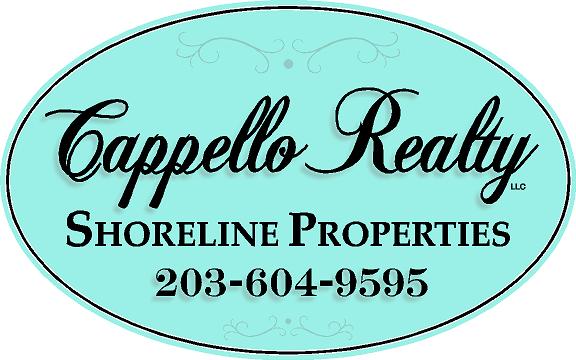
Photo by NeONBRAND on Unsplash
Once you are ready to buy a house, you need to check your finances to determine how much you can put down, and how much you can afford to pay on a monthly mortgage. Knowing this helps you determine how much house you can afford. However, your interest rate is going to play a huge part in this figure. You can get a mortgage with a fixed rate or an adjustable rate. Typically, adjustable rates start out lower than fixed rates, which could help you if you want to save some money – for a short time.
Fixed Rate Loan
Lenders base a fixed rate on several factors, including the market and your credit score. Once you accept the loan and close on it, that rate will never change. This is a benefit if you don’t like surprises. However, with a fixed rate, if the interest rates go down, you have to refinance to get a lower rate. The good thing is that when rates increase, you don’t have to do anything — your rate stays the same.
Adjustable Rate Loan
With an adjustable rate loan, the interest rate follows the market. Lenders use several indexes to determine what the rate will be. In most cases, the rate is fixed for an introductory period. For example, in a 5/1 ARM, the rate is the same for 5 years, then changes once every year for the balance of the loan. Often the interest rates for an adjustable rate loan are lower than the fixed rate interest rates. However, you could end up paying more interest over the life of the loan if the rates continuously increase each time the rate changes.
Considerations for Adjustable Rate Loans
Before you agree to an adjustable rate loan, be sure to locate key pieces of information:
How high can the rate change each time it changes?
What is the highest rate the rate will ever be, if it gets to the maximum rate?
What is the lowest rate the rate will ever be, as long as rates continue to drop?
Who long is the introductory period where the rate doesn’t change?
What is the date of the first interest rate change?
How often does the rate change?
If your lender’s answers are satisfactory, then you need to figure out what the payment would be at the highest rate. If you believe you can still afford the payment at the highest rate, then you might consider an adjustable rate mortgage.
When an Adjustable Rate is More Beneficial
An ARM is more beneficial in certain situations, including:
If you plan on refinancing before the rate increases;
If interest rates are consistently going down, or staying steady; and
If you are buying an investment property that you do not plan to keep.
Be sure to consider all the different scenarios before you agree to an adjustable rate — if the rate raises significantly and you can’t afford the higher mortgage payments, you could lose your home.
About the Author

Linda Cappello, Broker, GRI, ABR
Linda A. Cappello, Owner/Broker of Cappello Realty Shoreline Properties. Cappello Realty is a full service boutique Real Estate firm that specializes in 06855 - East Norwalk, and services all of Norwalk and Fairfield County, CT. Linda has been in the Real Estate business for 20+ years, spending 18 of them as a Owner/Broker. Being a Broker adds a lot responsibility to her job. She is responsible for overseeing every transaction and agent in the office. This is a challenge that she looks forward to and takes very seriously. She is constantly taking continuing education classes and attending seminars to keep abreast of the ever changing market as well as the industry standards, rules and regulations.
She is a native to East Norwalk, and has an in-depth knowledge of the city that she loves, as well as the intricacies of the many unique neighborhoods and areas that Norwalk offers. Linda offers her clients a network of professionals ranging from Attorneys, Mortgage Brokers, Home Stagers and Home Inspectors to any and all pros that you may need for a successful transaction and for the convenience of her clients.
"My job doesn't end at the closing table. It goes far beyond that, keeping in touch and staying friends who refer their family and friends. A lot of my business is referral business which is the greatest accomplishment and honor of all. Earning my clients trust."
